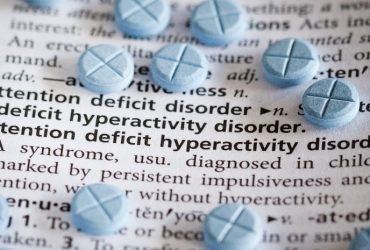Findings seen for attention-deficit/hyperactivity disorder or depressive disorder
Findings seen at age 40 years compared with healthy controls, with fewer cognitive deficits seen for those with subthreshold childhood ADHD
Improved QoL seen with both stimulant and nonstimulant medications
IQ, symptom presentation, and demographic factors all related to later age of diagnosis
Additional benefits include increased buprenorphine initiation, decreased methadone initiation, and improved buprenorphine retention
The centrally acting alpha2-adrenergic agonist is approved for patients ≥6 years
Study finds reduction in impulsive-reactive behavior-related crimes but not those with intent or planning
Although most effective for symptoms, medications are also tied to adverse effects











